
Obi Obi Parklands - Southern Wetland Species List
The Maleny Community Precinct Master Plan includes an area now referred to as the Southern Wetland. This is shown as the lower of the two wetland areas in this graphic.
Green Hills, as part of the Precinct Community Advisory Group, was recently asked by the Council to comment on a proposed management plan for this area. The below species list was included in the Green Hills response to Council.
Although the wetlands are classified as palustrine, for several months of the year there is open water in the central channel. During periods of dry conditions in the interior, many wetlands on the Blackall Range provide a refuge for waterbirds from inland waterways. During the last ten-year drought, birds such as Grey Teal, Hardheads and Magpie Geese were seen in the southern wetland. The Magpie Geese grazed in the littoral zone and bred in nearby dams that had more extensive open water.
We contend that the southern wetland is indeed an important habitat, not only for birds, but other wetland dependent animals.
List of Birds recorded for the Southern Wetland on the Maleny Community Precinct.
BIRDS
Observations from regular visits since 1980 by Greg Czechura (Queensland Museum) and visits since 2001 by Dr. Les Hall.
Species recorded that are dependent on the southern wetland as a feeding, breeding and roosting habitat.
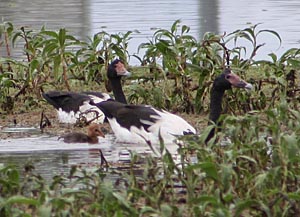
Magpie Goose
Anseranas semipalmata
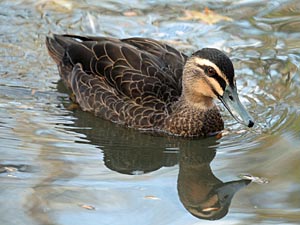
Pacific Black Duck
Anas superciliosa
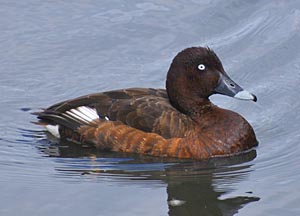
Hardhead
Aythyya australis
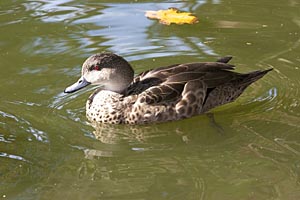
Grey Teal
Anas gracilis
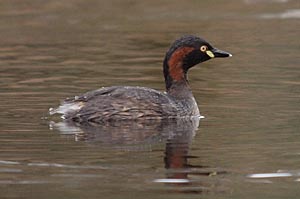
Australasian Grebe
Tachybaptus novaehollandiae
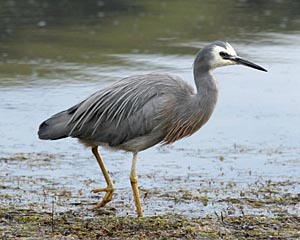
White-faced Heron
Egretta novaehollandiae
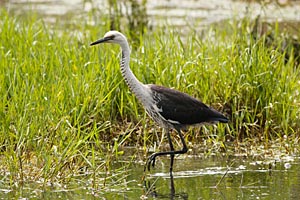
Pacific Heron
Ardea pacifica
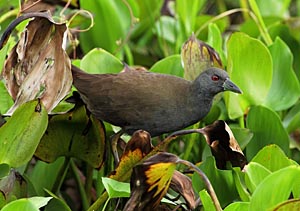
Bush-hen
Amaurornis olivaceus
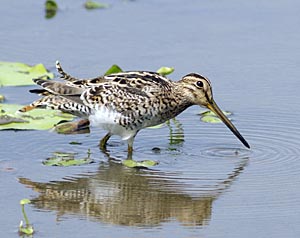
Latham’s Snipe
Gallinago hardwickii
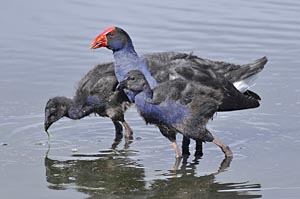
Purple Swamphen
Porphyrio porphyrio
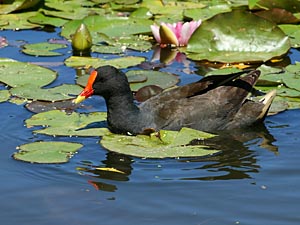
Dusky Moorhen
Gallinula tenebrosa
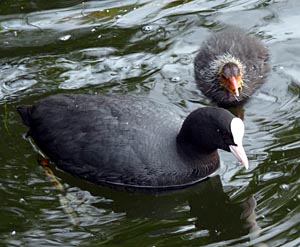
Eurasian Coot
Fulica atra
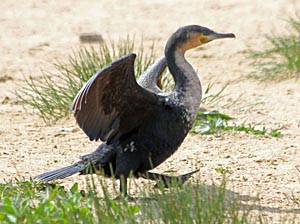
Little Black Cormorant
Phalacrocorax sulcirostris
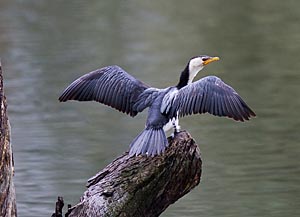
Little Pied Cormorant
Microcarbo melanoleucos
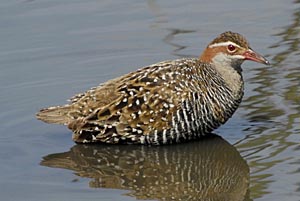
Buff-banded Rail
Gallirallus philippensis
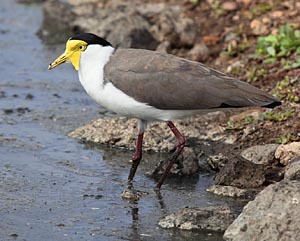
Masked Lapwing
Vanellus miles
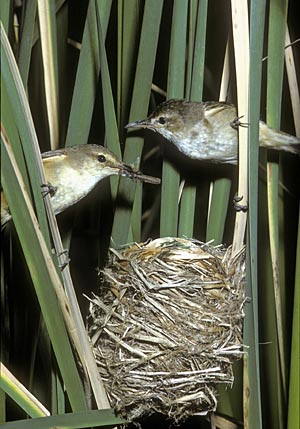
Clamorous Reed-warbler
Acrocephalus stentoreus
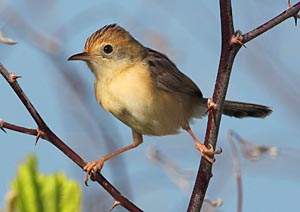
Golden-headed Cisticola
Cisticola exilis
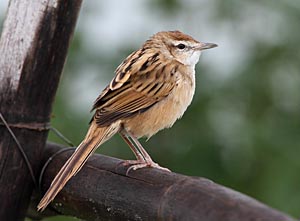
Tawny Grassbird
Megalurus timoriensis
List of species that have been recorded from the immediate area of the southern wetland and that would obtain food and shelter from the wetland and its surrounding riparian vegetation. The presence of a number of raptors indicates that the wetlands provide a good source of food for these birds.

Australian Wood Duck
Chenonetta jubata
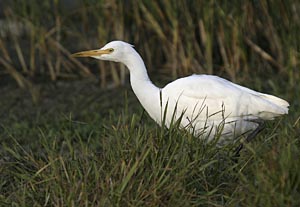
Cattle Egret
Ardea ibis
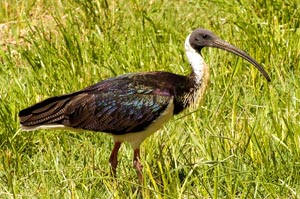
Straw-necked Ibis
Threshkiornis spinicollis
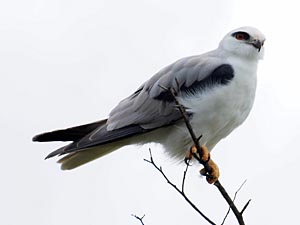
Black-shouldered Kite
Elanus axillaris
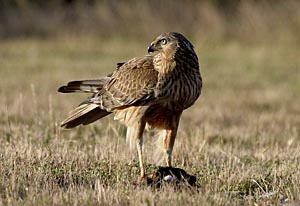
Swamp Harrier
Circus approximans
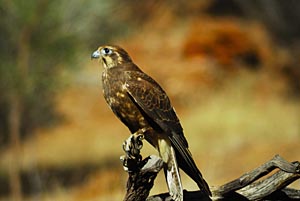
Brown Falcon
Falco berigoria
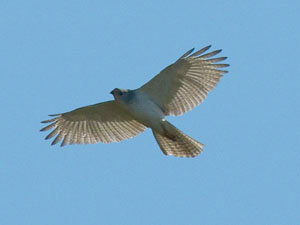
Grey Goshawk
Accipiter novaehollandiae
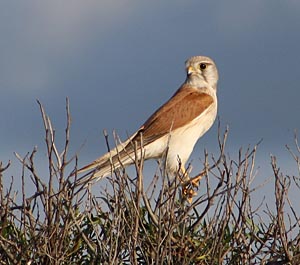
Nankeen Kestrel
Falco cenchroides
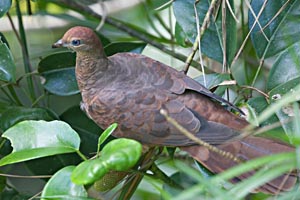
Brown Cuckoo-dove
Macropygia amboinensis
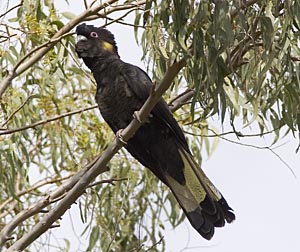
Yellow-tailed Black-cockatoo
Calyptorhynchus funereus
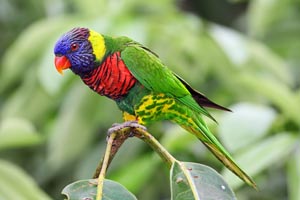
Rainbow Lorikeet
Trichoglossus haematodus
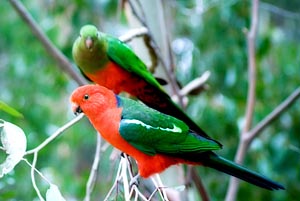
Australian King-parrot
Alisterus scapularis
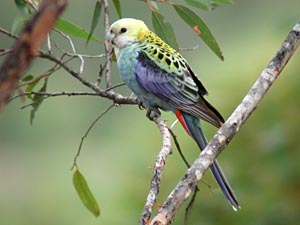
Pale-headed Rosella
Platycercus adscitus
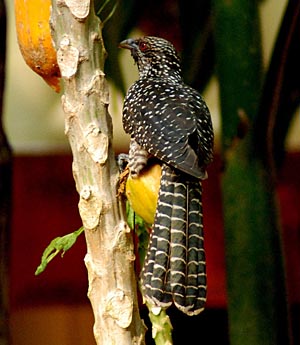
Common Koel
Eudynamys scolopacea
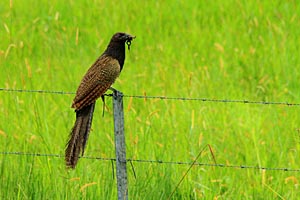
Pheasant Coucal
Centropus phasianinus
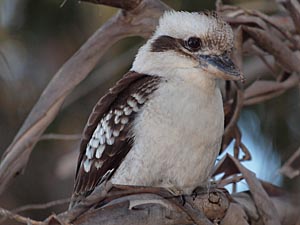
Laughing Kookaburra
Dacelo novaeguineae
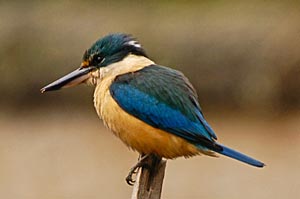
Sacred Kingfisher
Todiramphus sanctus
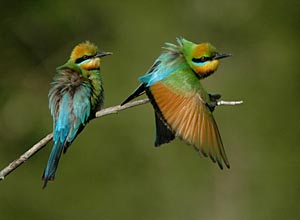
Rainbow Bee-eater
Merops ornatus
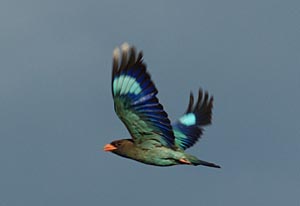
Dollarbird
Eurystomus orientalis
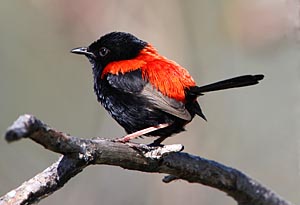
Red-backed Fairy-wren
Malurus melanocephalus
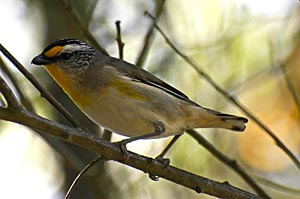
Striated Pardalote
Pardalotus striatus
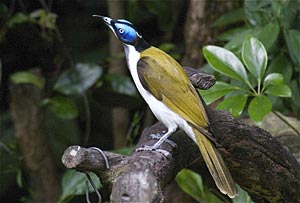
Blue-faced Honeyeater
Entomyzon cyanotis
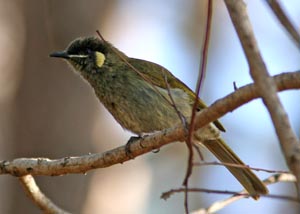
Lewin’s Honeyeater
Meliphaga lewinii
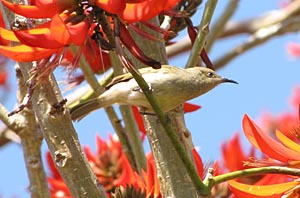
Brown Honeyeater
Lichmera indistincta
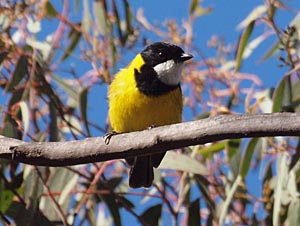
Golden Whistler
Pachycephala pectoralis
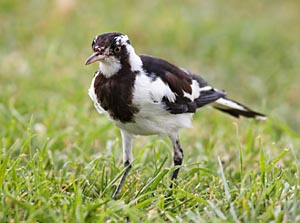
Magpie-lark
Grallina cyanoleuca
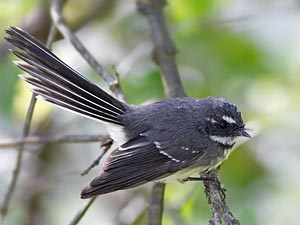
Grey Fantail
Rhipidura fuliginosa
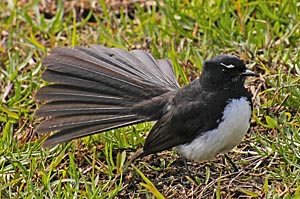
Willy Wagtail
Rhipidura leucophrys
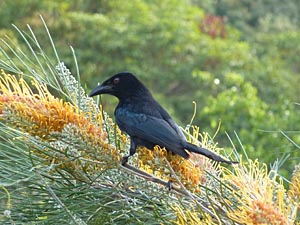
Spangled Drongo
Dicrurus bracteatus
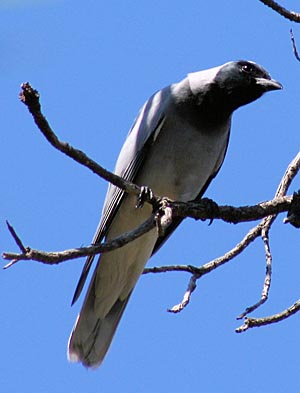
Black-faced Cuckoo-shrike
Coracina novaehollandiae
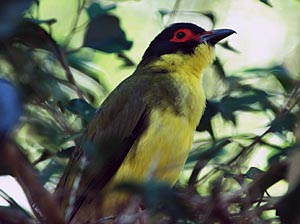
Figbird
Sphecotheres viridis
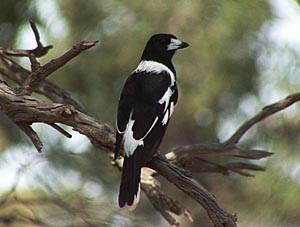
Pied Butcherbird
Cracticus nigrogularis
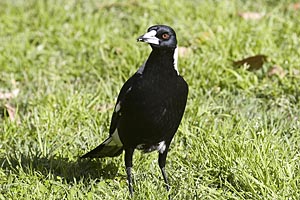
Australian Magpie
Gymnorhina tibicen
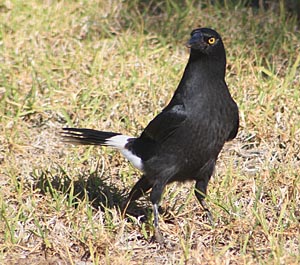
Pied Currawong
Strepera graculina
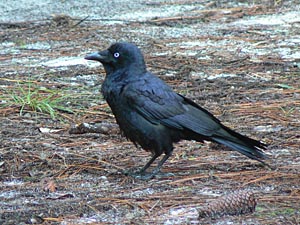
Torresian Crow
Corvus orru
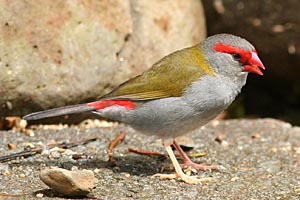
Red-browed Finch
Neochima temporalis
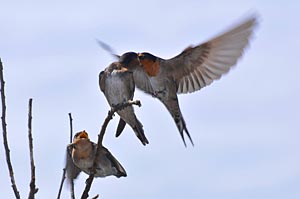
Welcome Swallow
Hirundo neoxena
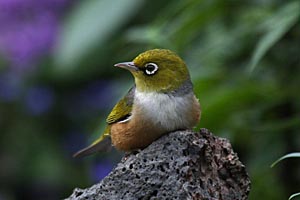
Silvereye
Zosterops lateralis
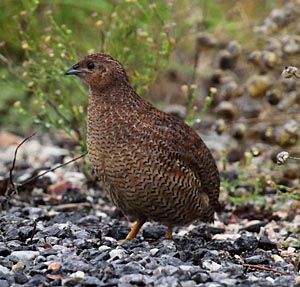
Brown Quail
Coturnix ypsilophora
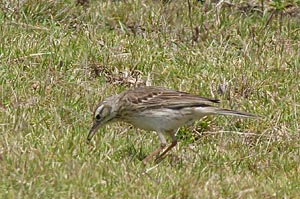
Australasian Pipit
Anthus novaeseelandiae
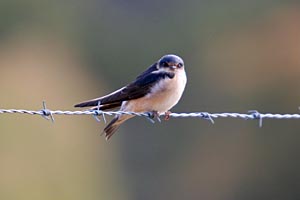
Tree Martin
Hirundo nigricans
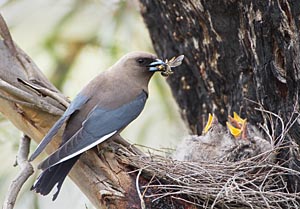
Dusky Woodswallow
Artamus cyanopterus
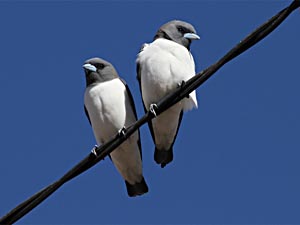
White-breasted Woodswallow
Artamus leucogaster
Go to Mammals and Frogs Species List